By Washington Informer Editorial Staff
From – https://www.washingtoninformer.com/
Reprinted – by Texas Metro News

This season, the Howard University Bison earned back-to-back Mid-Eastern Athletic Conference titles and a first-ever trip to the Celebration Bowl, and team standouts like Ian Wheeler have been preparing to take their skills to the next level.
“Playing at the next level is something that I have always thought about since the age of 10,” Wheeler, a three-time member of the MEAC Commissioner’s All-Academic team, told The Informer in January. “Just like I felt that I was confident that I could play at the Division I level, I feel like I have been given another chance to prove myself.”
At the time of the January interview, Wheeler had been invited to the February HBCU (historically Black college and university) Legacy Bowl in Yulman, Louisiana, which offers seniors from HBCUs who are draft eligible an opportunity to showcase their skills to NFL scouts.
However, during the initial NFL draft last week, no student-athletes from HBCUs were selected.
Despite the exclusion of HBCU seniors from the draft, at least 21 student-athletes from historically Black institutions have been invited by multiple teams to minicamp invites or as undrafted free agents, according to a report from HBCU Buzz.
As undrafted free agents, the athletes can negotiate with any team interested in them, and those invited to minicamps can train with teams and the respective athletic staff can assess their skills.
On April 28, Howard Football announced on X, formerly known as Twitter, that Wheeler signed to Chicago Bears. In addition, Connecticut’s Taft School took to X to congratulate alum, Anim Dankwah, who went on to Howard for his undergraduate career, and signed with the Philadelphia Eagles.
While players like Wheeler and Dankwah are finally learning of their career opportunities, not officially including any HBCU player as part of the initial NFL draft does a disservice to historically Black institutions and professional football overall.
Representation matters. While the NFL is not lacking in African American players, as 53.5% of the athletes are Black, according to Statista.com, not including HBCUs as part of the professional league has a domino effect on HBCUs and the Black community.
As HBCUs such as Howard grow in popularity for high school athletes looking to continue playing on the collegiate level, recruiting players from those institutions to the NFL is the natural next step in gaining notoriety as sports powerhouses. When schools become sports powerhouses, they also get more money. The more funding institutions are able to get, the more opportunities available for students.
The United Negro College Fund’s (UNCF) 2021 “Social Mobility Outcomes for HBCU Alumni,” report reveals HBCUs account for 80% of Black judges, 50% of Black of doctors, and 50% of Black lawyers (according to research from The Network Journal, 2010). If HBCUs are that critical in shaping the next generation of Black leadership.
As HBCUs are so important to building Black leaders, and moreover setting up opportunities to further academic, career and economic opportunities in the African American community, it is critical that they are represented in the mainstream, and that includes as part of the NFL draft.
Despite instances such as Colin Kaepernick, becoming a free agent after his peaceful protest, kneeling during the singing of the National Anthem, the NFL prides itself on strides toward diversity, equity and inclusion (DEI).
According to the NFL’s website: “The NFL believes diversity and inclusion among our employees is critical to our success, and we seek to recruit, develop and retain the most talented people from a diverse candidate pool.”
Recruiting from HBCUs shows a true commitment toward obtaining and retaining players from a diverse candidate pool, and not doing so, makes one question the NFL’s true dedication to DEI.
While it’s great that more than 21 players from HBCUs will now have the chance to showcase their skills on the professional level, the NFL should have been more intentional about ensuring students from historically Black institutions were clearly represented during the draft. That kind of representation is important not just for football and professional sports, but overall.

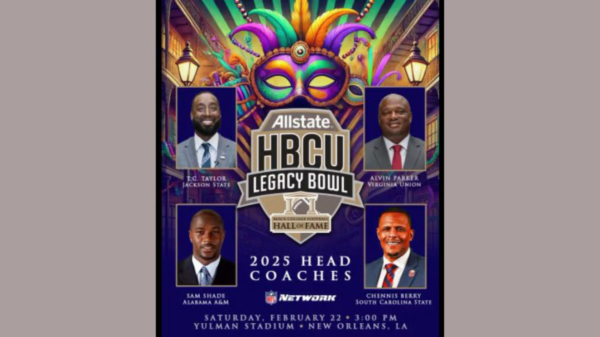
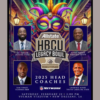
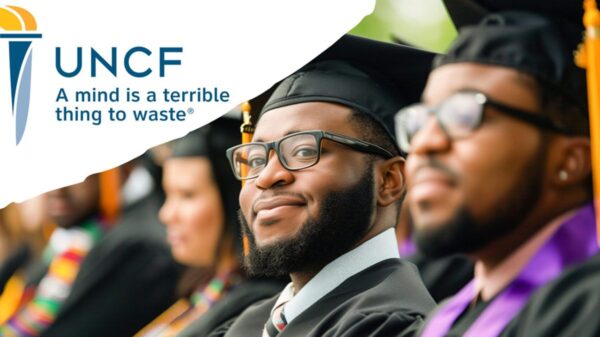

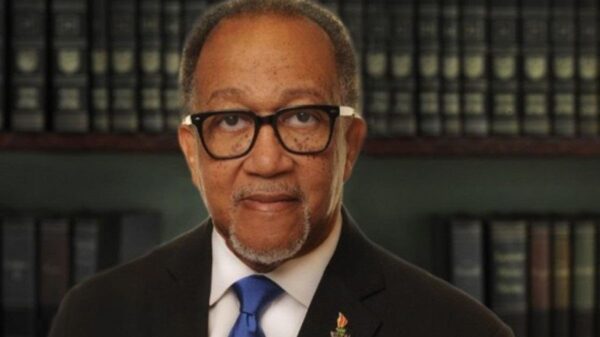
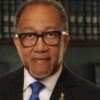
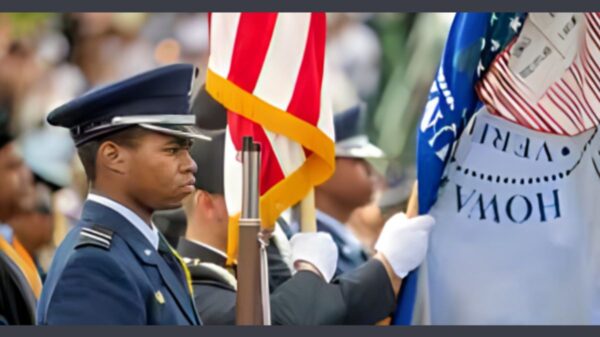
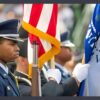
You must be logged in to post a comment Login